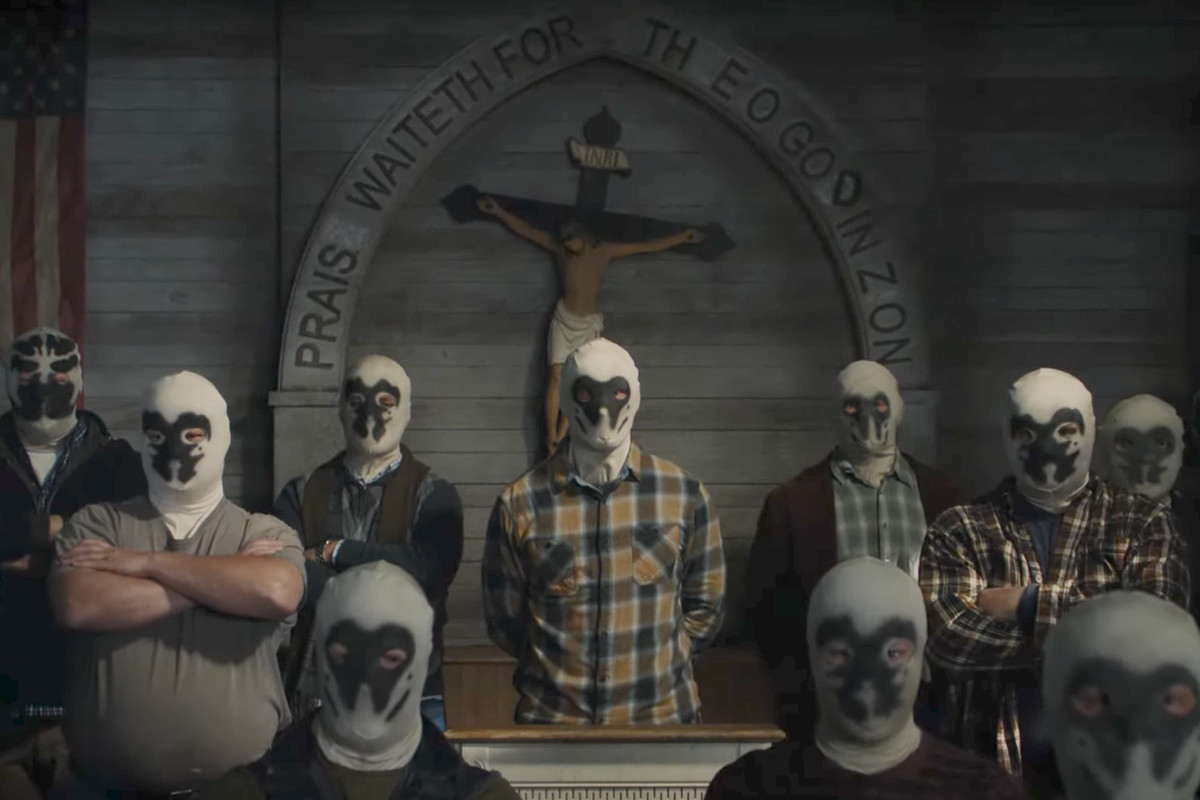The irony of the superhero entertainment genre is that most of them are not very brave. For all their onscreen heroics, few are willing to tackle sensitive real-world problems like racism, politics, or LGBTQ issues.
There are exceptions, of course, but many avoid politics because being ‘too political’ risks censure, controversy, and lost profits. As a result, they either defer evil to some extraterrestrial intruder, or they tackle it in an oblique way. The simplest example is probably Captain Marvel, who empowers women, but without explicitly calling out ‘toxic masculinity’ or ‘gaslighting’.
Instead, we fight the Kree Supreme Intelligence, a malicious talking lava lamp.
There is nothing wrong with such an approach. But it does beg the question: Is this avoidance an aesthetic choice, or a financial one?
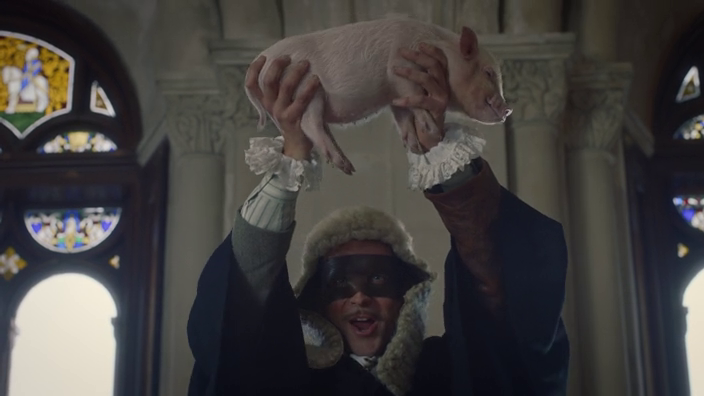
HBO’s Watchmen takes this formula and throws it out of the window. Conceived as a ‘remix’ of the Alan Moore’s critically-acclaimed Watchmen comic, David Lindelof’s Watchmen is the most unabashedly political superhero story ever created.
It as political as Dr Strangelove, and as unflinching as 12 Years A Slave. KKK members appear in full regalia. Police brutality is bloody, widespread, and cheerfully denied. At one point, we are asked to inhabit the perspective of a black man—as he is hanged from a tree.
This is not a show for children or for those with weak stomachs. If you cannot handle radical politics or gratuitous violence, I suggest Baby Shark on Youtube instead. But for those who are willing to approach TV with an open mind, Watchmen offers the most interesting and most complex engagement with race and the superhero genre that I’ve seen in recent years.
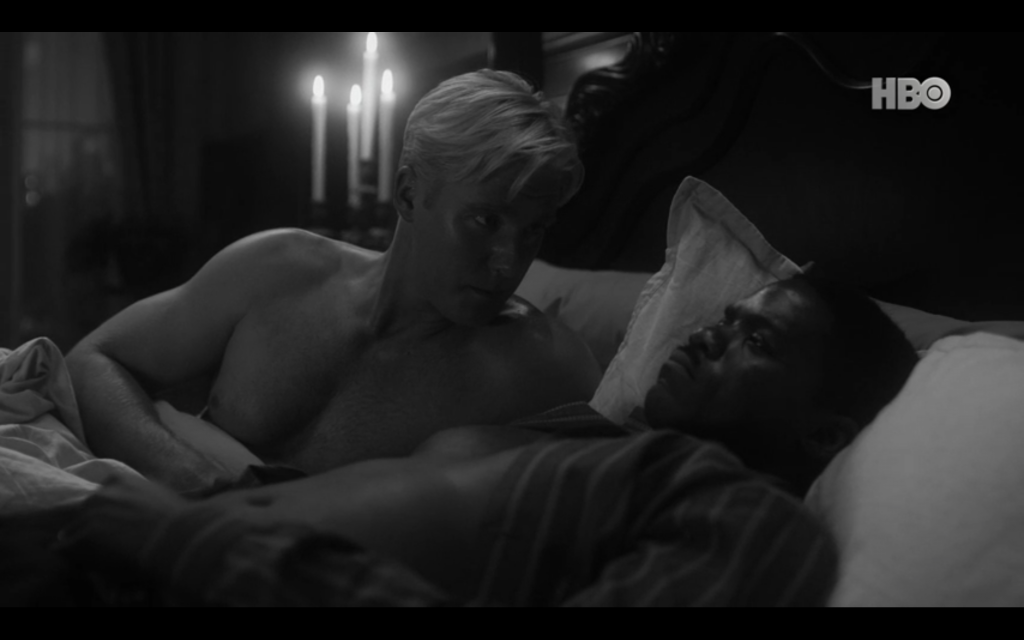
The year is 2019. The place is Tulsa, Oklahoma. Everything is rainbows, sunshine, and the occasional downpour of squid (just go along with it). The police, however, wear masks to protect their identity from the Seventh Kavalry (7K), a white supremacist group which targets their families.
The masks prove successful and the racists have vanished—or so the show would have you think. In reality, they are just hiding and biding their time.
When a series of grisly police murders rocks the city, our hero, Detective Angela Abar, must solve the mystery before all hell breaks loose. She must discover the truth before the 7K and the police begin shooting each other in the streets.
So far, this sounds like True Detective season 4. It is not. This is merely because my description cannot keep up with Watchmen’s kooky aesthetics. This is a world where extra-dimensional downpours of sotong fall from the sky to splatter on windshields and all-american lawns. This is a world where you can call Mars in a blue phone booth, but only if you’re a premium member. There’s a detective who dresses like a giant panda, cattle-powered security measures, and a pursuit vehicle shaped like an owl.
At one point, ‘Batman’ gets shot in the back as he flees a bank robbery. When a passer-by protests such callous violence, the FBI agent responsible calls him a monied asshole.
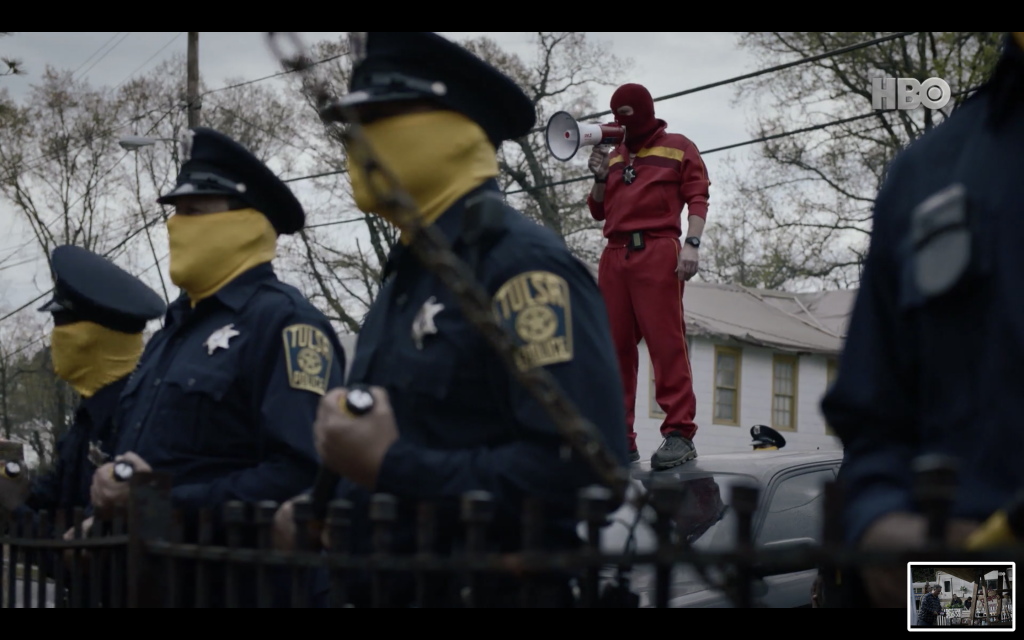
In any other show, this sort of surreal chaos might be too overwhelming. It would come across as ‘trying too hard’ to be whimsical and edgy. This is not a problem for Watchmen because all of its strangeness is brought to bear on an issue that will always be relevant: Race.
The Seventh Kavalry, as the name might suggest, is a direct descendant of the KKK. They’ve traded their white hoods for Rorschach masks, but it’s really just a corporate rebranding exercise. Just as real-life white supremacists have renamed themselves ‘defenders-of-western-values’ or ‘white nationalists’, the show’s racists are constantly reinventing their brand identity without changing their ideology.
There is something awfully 2019 about this. In an age where the US President openly spews racist gibberish about ‘shithole countries’ and immigrant ‘rapists’, the idea of a resurgent white supremacy is hard to stomach but not hard to believe.
That being said, the police who are tasked with fighting them are hardly angels. They wear masks to protect their identities from the 7K; Masks which prove very useful when they suspend habeas corpus to torture innocent civilians for information about 7K.

Detective Angela Abar is no hero in this regard. Although she is a detective in name, most of her investigations are conducted with clenched fists and kicks to the groin. When she is not baking mooncakes (just go with it) at home, her nom de guerre is ‘Sister Night’. In the department, she has a reputation not for solving cases, but for smashing faces.
The larger issue here is not police brutality or racial profiling, but a meditation on the nature of masked ‘superheroes’. In most stories, superheroes wear masks ‘to protect their loved ones’. This bland statement of noblesse oblige only raises more questions. Why then, are superheroes who wear masks hailed as saviors while masked police officers are frequently decried as facist goons? What gives one group the right to interpret ‘justice’ as they wish?
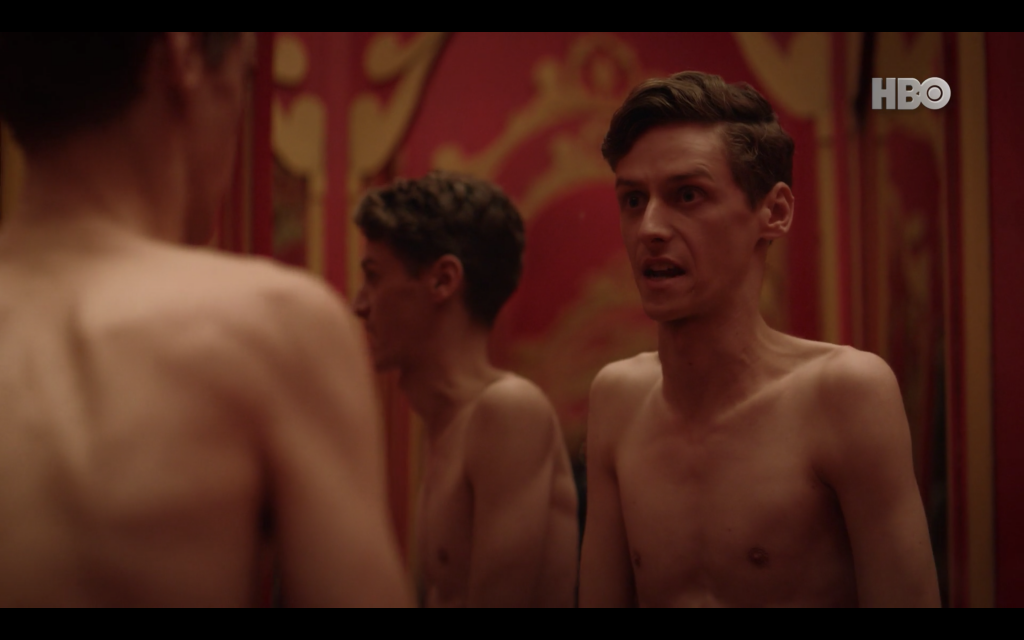
The answer, as Watchmen suggests, is ‘bugger all’. A world where superheroes can operate freely will not resemble the MCU. On the contrary, it will be a place without real law or order as those masked men impose their warped version of justice upon everyone else. It will be a terrible world, subject to the terrible whims of psychologically-damaged people.
Indeed, none of the superheroes in Watchmen are terribly ‘super’ in the traditional sense. Their masks hide not only their identities, but also their traumas. Detective Angela Abar’s identity is wrought from her traumatic childhood of death and abandonment. Her partner, Looking Glass, wears a mirror like surface because he cannot get over his psychological scars.
As for Hooded Justice, a character imported from Alan Moore’s Watchmen comics, the twist is just too good to spoil. All I can say is: it was one of the best twists I did not see coming.
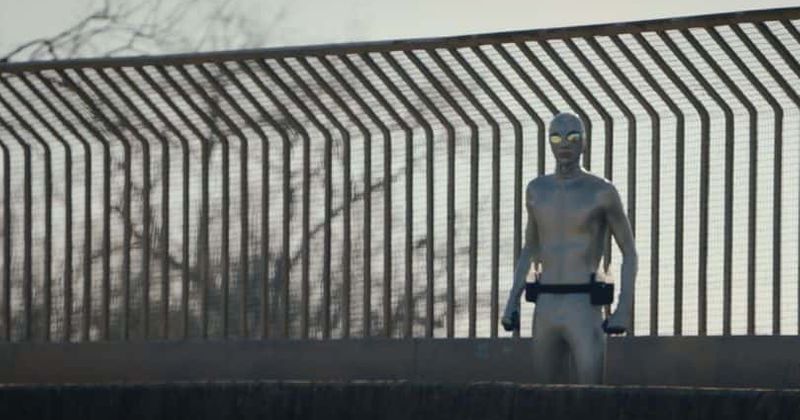
Watchmen is not a ‘normal’ show. In fact, some people would label it batshit insane. However, I would counter that insanity is precisely the mood for 2019, when the American president is a meme and the United Kingdom is quickly turning into one. In this upside-down world, nothing is too strange or too surreal. It is art that’s struggling to catch up to real-life, and not vice versa.
Not convinced? Just read this article about neo-nazis/white supremacist infiltrating the German Special Forces. Clearly Watchmen’s writers are on to something when they dreamed up the Seventh Kavalry.
This is not to say that white supremacists have infiltrated the police, or that your president is conspiring with alien-squid, just that Watchmen is the perfect show for our strange and unnerving times.
This piece is sponsored by HBO GO, the home of award-winning shows, full-frontal politics and those trending Reddit memes which you don’t understand.
Sign up for a free trial now and never look back. Cancel anytime with no strings attached.

